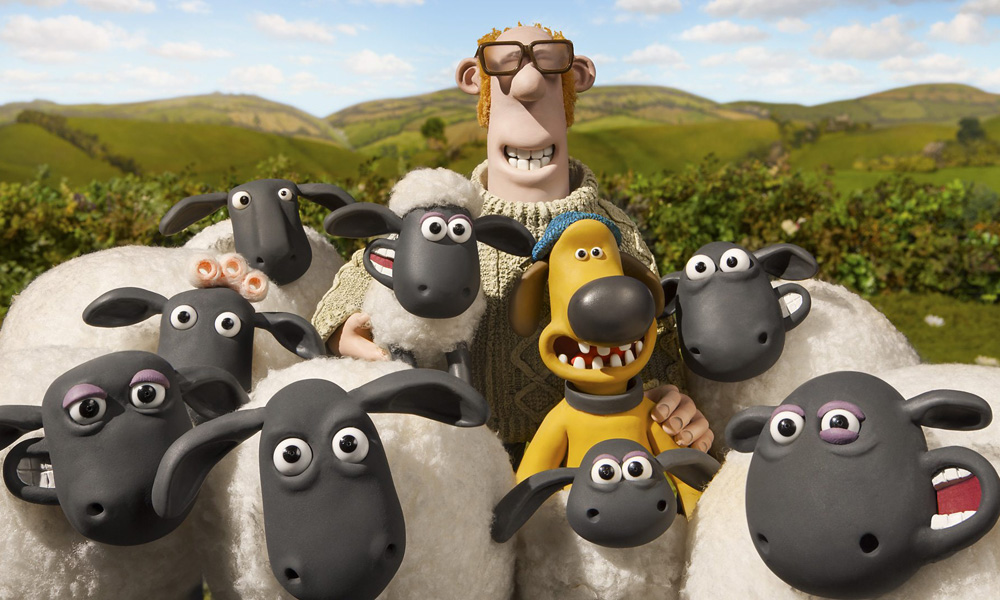Cinema 101 : Explained The Script

 CINEMA 101 – THE SCRIPT
CINEMA 101 – THE SCRIPT
Ever thought of what makes a film successful and attractive to many?
In this series, I will be briefing an in depth survey of the secrets and tips which drives films to reach their high potential and receive positive critique and feedback and high ratings and audience reviews.
In this piece, the basic and most crucial elements to begin the process of filmmaking is discussed, starting with the script. It plays such a big and vital role in which the final outcome of the film totally depends on the script. So, the key to write a compelling narrative is to do all preliminary research properly. Below is an example of the dynamic process of script writing.
FADE IN:
INT. Living Room – Night
Shon is listening to music which thinking and brainstorming about the process of writing the Cinema 101 Series.
As written above, the character is preparing himself to write a series. For this, he needs a thread to work on. He thinks hard to get a breakthrough. The story revolves around three kids in a pre-school setting. Character names: George, Sali & Zara. Each day, they spend 8 hours together along with other kids. This story is focused mainly on the characters since they were the ones who joined the pre-school together from the early phase. Their families know each other well, since their children attend the same school and events.
In the small thread above, it is clear that there are three characters mainly involved in the story line, and who spend most their time together. The location is set in a pre-school. The time spent together averages 8 hours. Their families are friendly and well-acquainted. In this short thread there is no much strong narration involved, but there are missing details such as their age, or details about the family which form the backdrop of the story.
There is no proper method to write a script but there are certain procedures and rules which must be taken into action for better results.
Script writing is about visualizing and developing stories conceptually. However, most films fail to do so because the initial plan of execution for the script has been not carried out in an apt manner. In this manner, there are certain steps to be considered throughout the process of writing the script.
There are a number of issues to consider prior to and throughout the scriptwriting process.
First, it is integral to read as many scripts as possible. It may be a time-consuming task, but it will help in developing creative ideas and avoid redundancy.
“To make a great film you need three things – the script, the script and the script.” – Alfred Hitchcock
As the legendary filmmaker said, it’s all in the script, as it drives everything magical within the film. The reason is that without a script we cannot move forward in the filmmaking process. It is necessary for one to really come up with a unique story that has a clear, coherent and compelling narration style.
Have an idea, write it down. Do your research properly. Pre-write. Have a visual idea of what you want to watch on the big screen. Take your own time. Do not rush. All good things takes time.
Engaging the process from the script to the final phases of post-production edits is a long procedure, but without a good script the entire task is impossible. When writing the script, it is important to think effectively when doing characterization, as well as when selecting an actor to play this character. Some actors will find difficulty in fitting with the role.
In many movies the scripts are only written for showcasing a particular actor, and so the script plot line develops more vividly when there is harmony between the character and the actor playing the role. Nonetheless, the method totally depends on the writer.
There is always a writing pattern, and it widely differs from one writer to another. As we’ve seen, the world of cinema is fully directed by the script. It is the blueprint for everyone in the production to follow, its words describe the story, emotion and characters in an artistic and clear manner to make the end-point more appealing to the audience.
Therefore, cinema’s main pillar is none other than the script.







